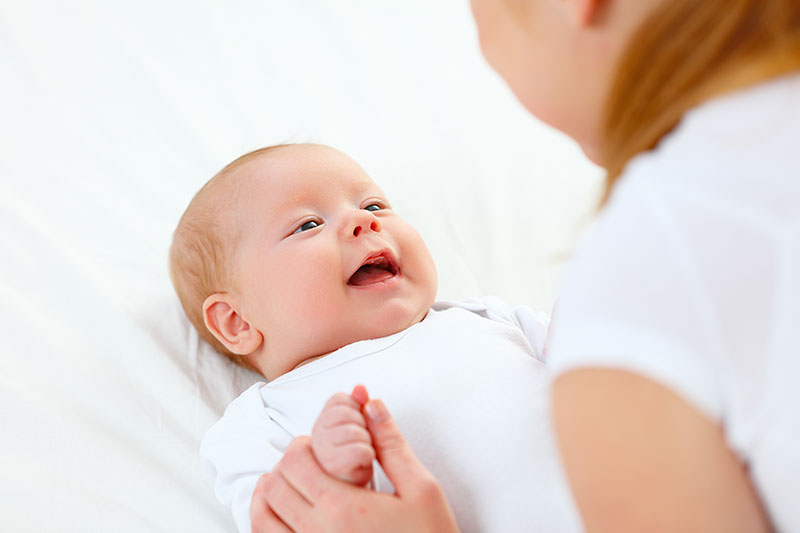There are several reasons you might decide to become a parent in your 30s. It’s possible that you wished to invest some time in developing your career. Or maybe it’s taken you a while to locate the appropriate partner with whom to have children.
What are my chances of naturally becoming pregnant in my 30s?
The quality of your eggs starts to deteriorate after age 35, thus time starts to run out for you even though you’re extremely likely to become pregnant naturally in your 30s.
If you’re in your early 30s, you’re in good company because most kids in the IE are born to women between the ages of 30 and 34. In your early 30s, there is a about 35% probability that you will become pregnant (based on the average annual rate of pregnancy per cycle). This is only marginally less likely than becoming pregnant in your late 20s.
Therefore, it’s preferable to start trying for a kid as soon as possible, especially if you desire more than one child. After a year of consistent intercourse, 20% of women in this age group will still be attempting to get pregnant.
How likely are I to conceive with fertility therapy when I’m in my 30s?
It is preferable to begin fertility treatment in your early 30s if you discover you require it. In women between the ages of 30 and 35, procedures like intrauterine insemination (IUI) and IVF are more effective.
You have a one in three probability of having a live birth during each round of treatment in your early 30s. Success rates begin to decline beyond the age of 35, reaching about one in seven by the age of 40.
You might be able to have IVF on the NHS. However, depending on your location, you could have to pay for private care.
What are the benefits and drawbacks of being a parent in my 30s?
Pros
The advantages of having a child in your 30s are numerous. It’s more likely that both your work and your relationship will be secure for you. Both will give your expanding family a solid basis.
You should be able to keep your income if you go back to work. Your lifetime earnings may be impacted if you have children sooner.
You could be more open to taking time off from work than you would have been in your 40s. It may be more difficult to leave a successful career once you reach the age of 40 in order to start a family.
Before starting parenthood, the biggest adventure of all, you and your partner should have hopefully experienced a few adventures together.
In addition to having a lot of endurance and resiliency, new mothers in their 30s also possess traits that are beneficial for raising small children. Of course, everyone is unique, but you probably know yourself more today than you did when you were in your twenties. Additionally, you are probably more flexible now than you would be in your 40s.
Cons
The majority of women who become pregnant in their 30s do it in a healthy way, but as you get older, chronic illnesses like diabetes and high blood pressure become more likely to affect you. The success of your pregnancy and delivery may be impacted by certain conditions.
Sadly, older women are more likely to experience miscarriage. By the time you reach the age of 35, you have a two-in-10 chance of miscarrying due to the continually rising miscarriage rate.
Additionally, older women are more likely to experience several pregnancy issues such gestational diabetes and ectopic pregnancies.
The age at which Down’s syndrome and other disorders start to cause more concern is 35. The likelihood of having a baby with Down’s syndrome at 30 is one in 800. Your chances increase to one in 270 at age 35. Your chances increase to one in 100 by the time you turn 40.
Learn more about how your age can effect conception, pregnancy, and delivery.
How should I get ready for being pregnant?
Regardless of your age, there are things you can do to increase your chances of having a safe pregnancy and child.
To improve your fertility, you can alter your lifestyle. Stop smoking right away if you do. Additionally, doctors advise against consuming any alcohol at all when trying to get pregnant. Additionally advised are maintaining a healthy weight and staying active.
Some medical issues can make it more difficult to get pregnant. If you’re trying for a baby and you have, or have had, any of the following:
- Erratic or absent periods
- Fibroids
- Endometriosis
- Ovarian polycyst syndrome (PCOS)
- Sexually transmissible conditions
- Inflammation of the pelvis
- Cervical operation
If your partner has a known reproductive issue, you and your partner should visit the doctor more quickly.

